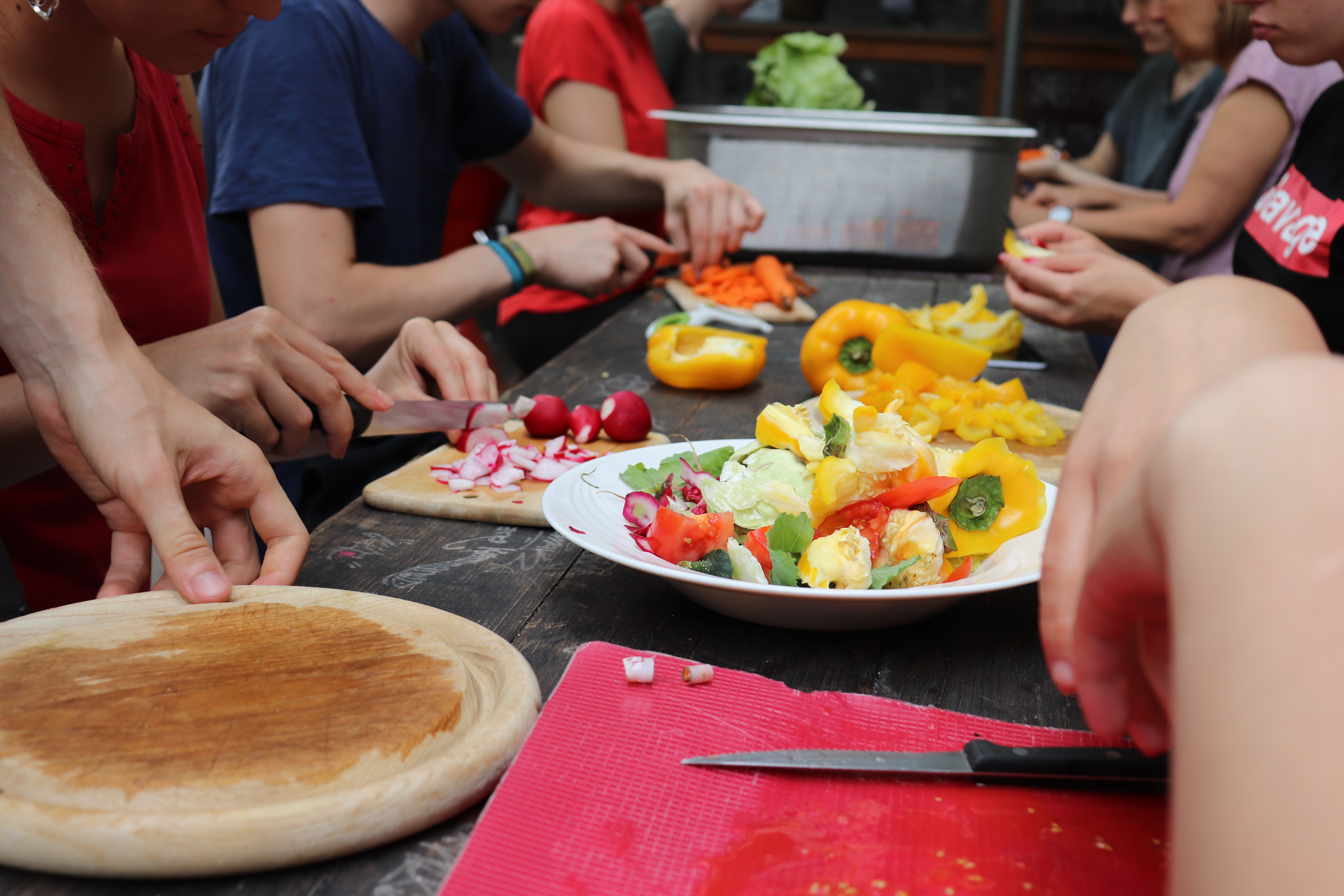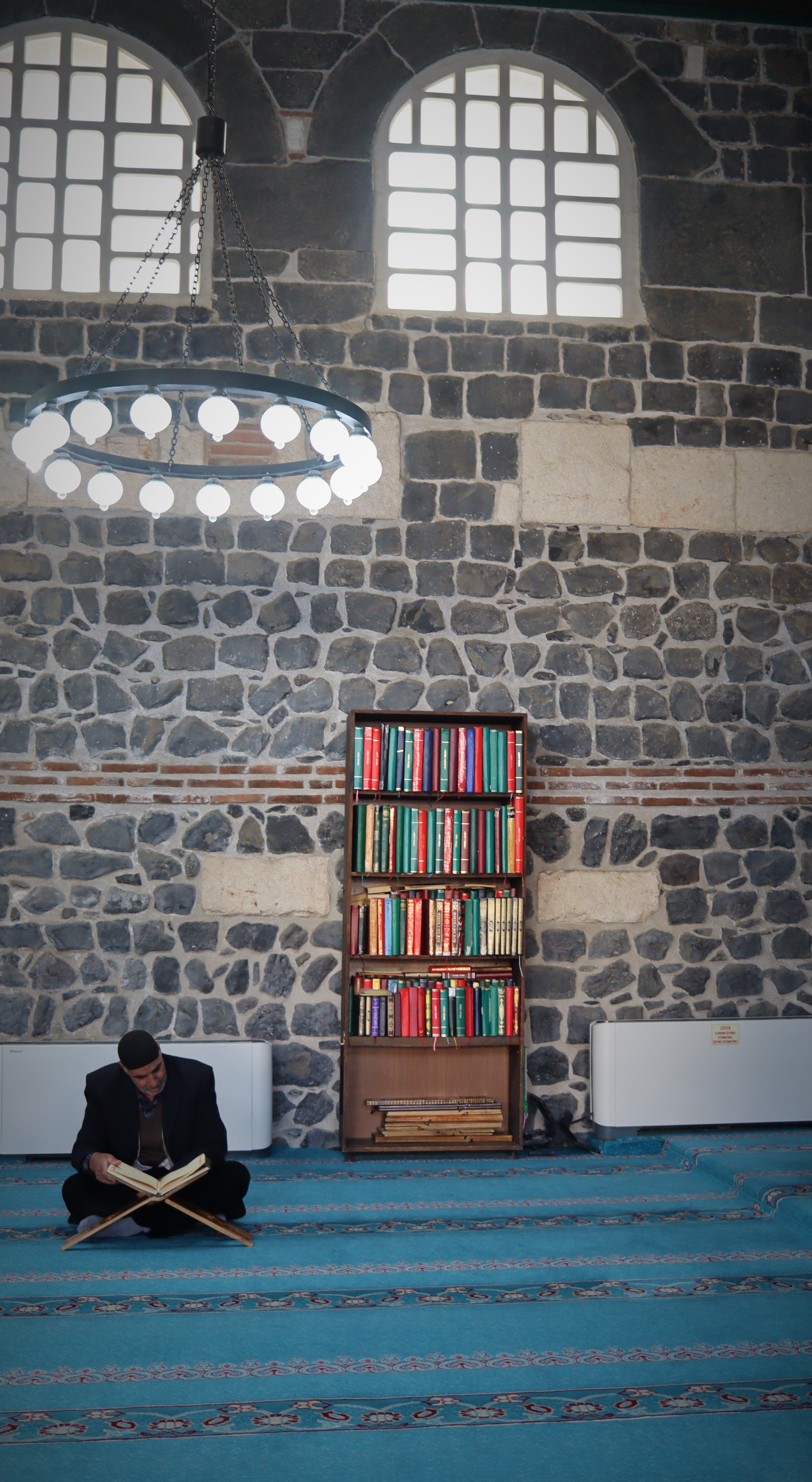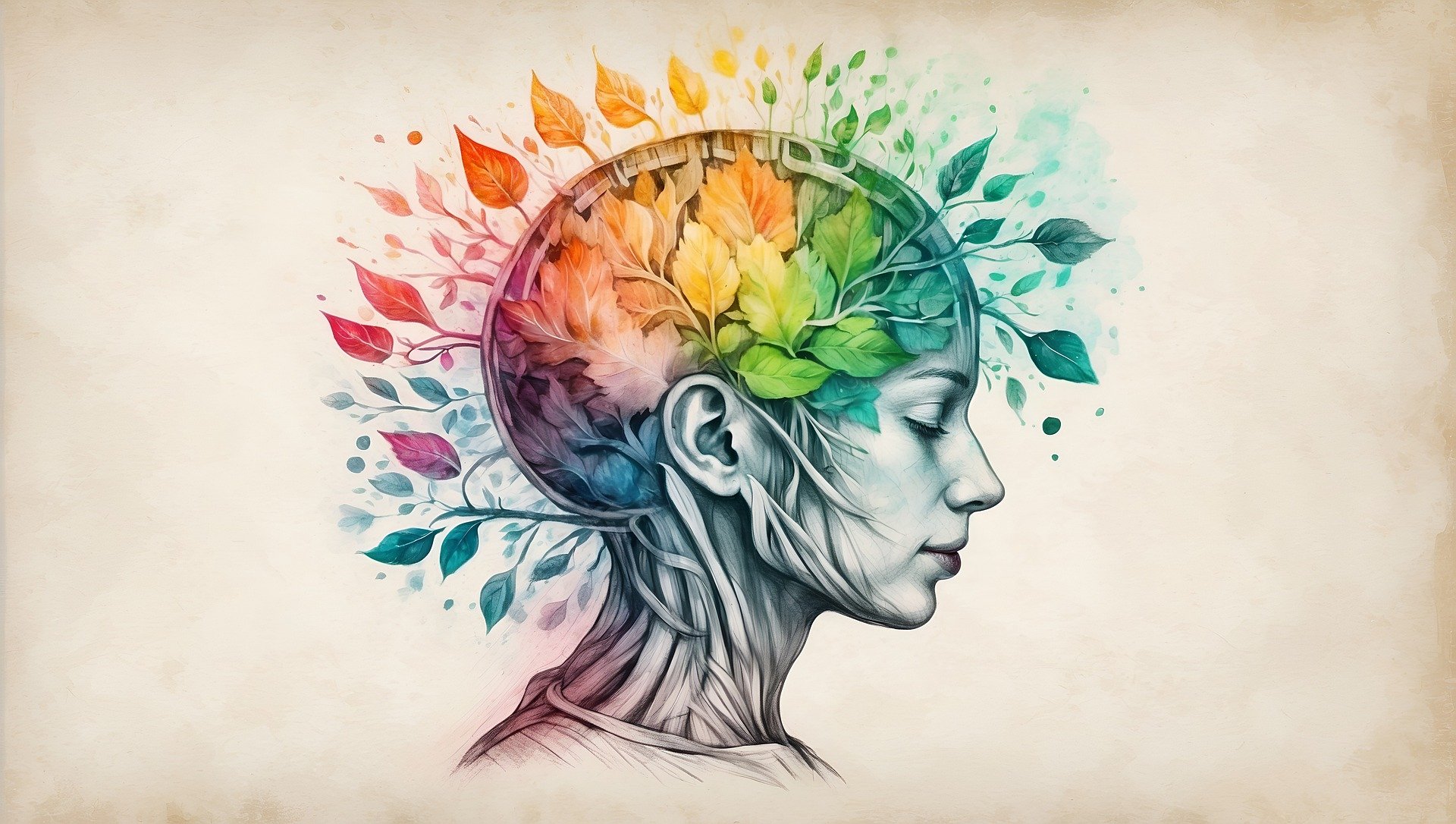How Ramadan Teaches Discipline in Everyday Life
Ramadan is more than a month of fasting; it is a transformative period that instills discipline, self-control, and a deeper connection with one’s inner self.
For over a billion Muslims worldwide, Ramadan is a time of spiritual reflection and personal growth. But beyond its religious significance, the lessons of Ramadan can serve as a universal guide to discipline and productivity in everyday life.
Let’s explore how Ramadan inspires habits that can reshape your approach to life’s challenges.
1. The Power of Routine

Fasting from dawn to sunset during Ramadan requires a strict schedule. The day begins with Suhoor (the pre-dawn meal) and ends with Iftar (the evening meal).
This daily rhythm teaches the importance of planning and sticking to a routine. When you align your actions with a clear schedule, you not only become more disciplined but also make better use of your time.
Imagine applying this level of structure to your daily life.
Waking up early, prioritizing tasks, and adhering to a routine can lead to remarkable achievements. As the saying goes, “Discipline is the bridge between goals and accomplishment.”
2. Self-Control and Patience
The essence of fasting lies in refraining from food, drink, and other physical needs from dawn till dusk. This practice cultivates self-control and patience—qualities essential for overcoming life’s temptations and distractions.
Consider this: if you can resist food and water for an entire day, what’s stopping you from resisting procrastination or unhealthy habits? Ramadan proves that with determination, you can conquer even the toughest challenges.
3. Empathy Through Shared Experiences

One of the most profound lessons of Ramadan is developing empathy for those less fortunate. Fasting provides a glimpse into the lives of those who go hungry every day. This shared experience fosters a sense of compassion and inspires acts of generosity.
Incorporating this mindset into your daily life can transform your relationships. Simple acts of kindness, such as helping a colleague or listening to a friend in need, can create a ripple effect of positivity.
A Short Story of Transformation
Zeliha was a 28-year-old struggling with discipline.
She would sleep late, skip meals, and procrastinate on important tasks. But this time when Ramadan arrived, she decided to take it seriously. For the first time, she woke up for Suhoor, planned his day, and focused on prayer and self-reflection.
Initially, it was tough. The hunger pangs and thirst tested her limits, but as days turned into weeks, Zeliha noticed a change. She became more focused, punctual, and mindful of her actions.

By the end of Ramadan, these habits stuck with her. She started waking up early, prioritizing her health, and managing her time effectively. Ramadan didn’t just teach Zeliha discipline for a month; it transformed her life.
4. Gratitude and Contentment

Breaking the fast with a simple date and a sip of water after a long day instills immense gratitude for life’s basic blessings.
Ramadan reminds us to appreciate what we have rather than focusing on what we lack.
Practicing gratitude daily can boost your happiness and reduce stress. Take a moment each day to reflect on what you’re thankful for—a habit that can enhance your overall well-being.
5. Spiritual Discipline and Mental Clarity
Ramadan is not just about abstaining from food; it’s about purifying the soul. Muslims are encouraged to avoid negative behaviors, such as gossiping or arguing, and instead engage in prayer, Quran recitation, and good deeds. This spiritual discipline leads to mental clarity and inner peace.

In a world full of distractions, carving out time for self-reflection and mindfulness can help you stay focused and grounded. Whether it’s through meditation, journaling, or prayer, nurturing your inner self is essential for a balanced life.
Feel Free to share...











